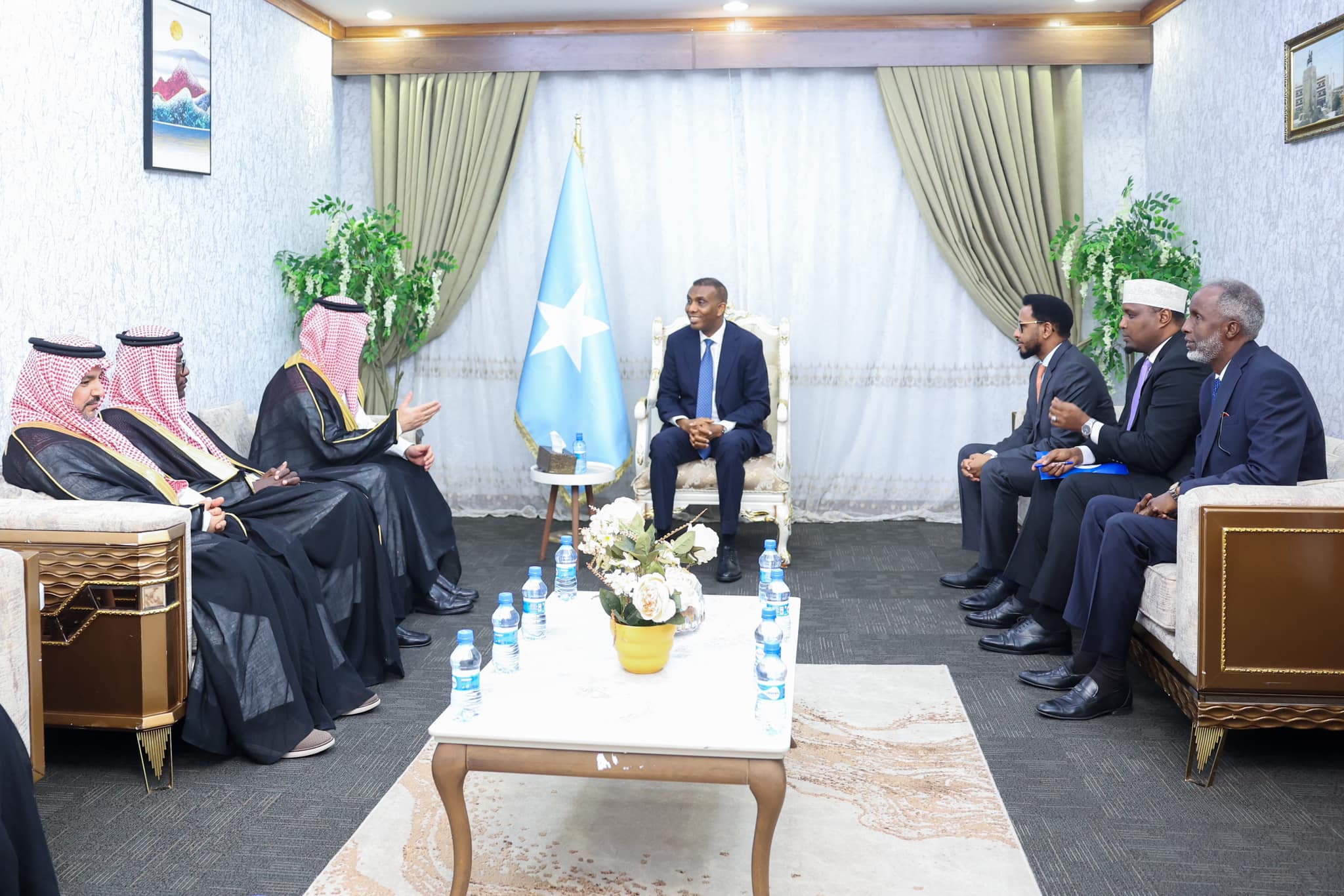Portsudan — The United Nations Development Program (UNDP) has expressed its readiness to contribute to economic recovery programs in Sudan according to the program’s plan for the year 2025, which specifies a number of programs and activities, the most important of which are peacebuilding and the rule of law, health and environment, and access to energy, with expected funding of about $ 55.5 million
The Minister of Finance and Economic Planning, Dr. Gebreil Ibrahim, identified the country’s priorities in vital sectors of water, health, education, environmental health, and agricultural development, focusing on empowering communities and fostering resilience to the repercussions of war by restoring sustainable livelihoods, job opportunities, and income-generating projects.
The Minister expressed, during his meeting with the UNDP Resident Representative in Sudan, Luca Renda, in his office on Tuesday, with the participation of Undersecretary of Planning at the Ministry Dr. Mohamed Bashar and Director General of External Financing, his aspiration for the program to help Sudan address the problems of climate change and its impact on the environment, obtain clean energy, and use solar energy in drinking water stations in a number of states, in addition to paying attention to food security, pointing to the opportunities available in the Tokar Delta Project and the necessity of rehabilitating it to contribute to building food security, agricultural development, and achieving economic security, calling on UNDP to foster the state’s efforts in post-war reconstruction, purifying and sterilizing cities, and preparing them for the return of citizens.
For his part, Renda expressed the UNDP readiness to coordinate with the government to provide assistance according to its plan for the current year in attracting external funding, technical assistance, capacity building and training, indicating that the UNDP implemented projects in Sudan worth $44 million during the past year 2024, expecting to increase funding for the current year to about $55.5 million, pointing out the program’s interest in supporting small producers, alleviating poverty, rehabilitating infrastructure and financing rural development by taking advantage of the financing windows available at the World Bank and the African Development Bank in coordination with other United Nations agencies, in addition to providing opportunities to benefit from technical assistance from different countries.
Dr. Bashar stressed the importance of the UNDP assistance to Sudan to achieve the goals of sustainable development programs, support community resilience and empower communities by improving the skills of vulnerable groups and increasing sustainable income opportunities through small and medium industries, in addition to providing urgent humanitarian assistance to those affected by the war.









